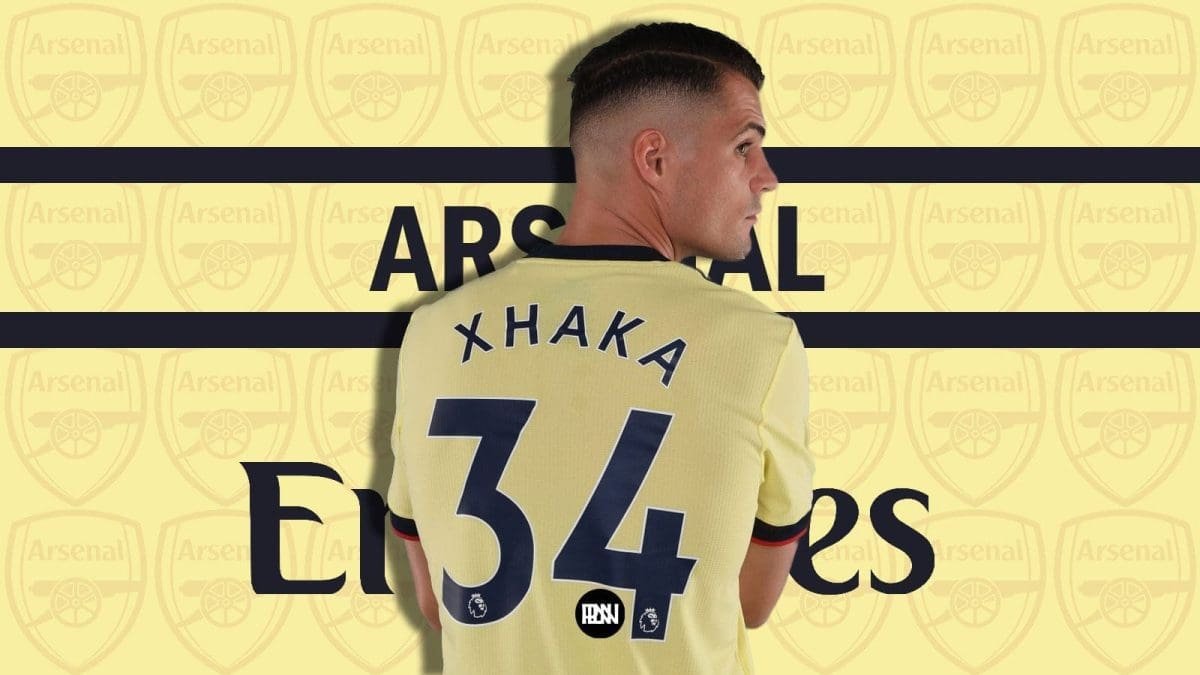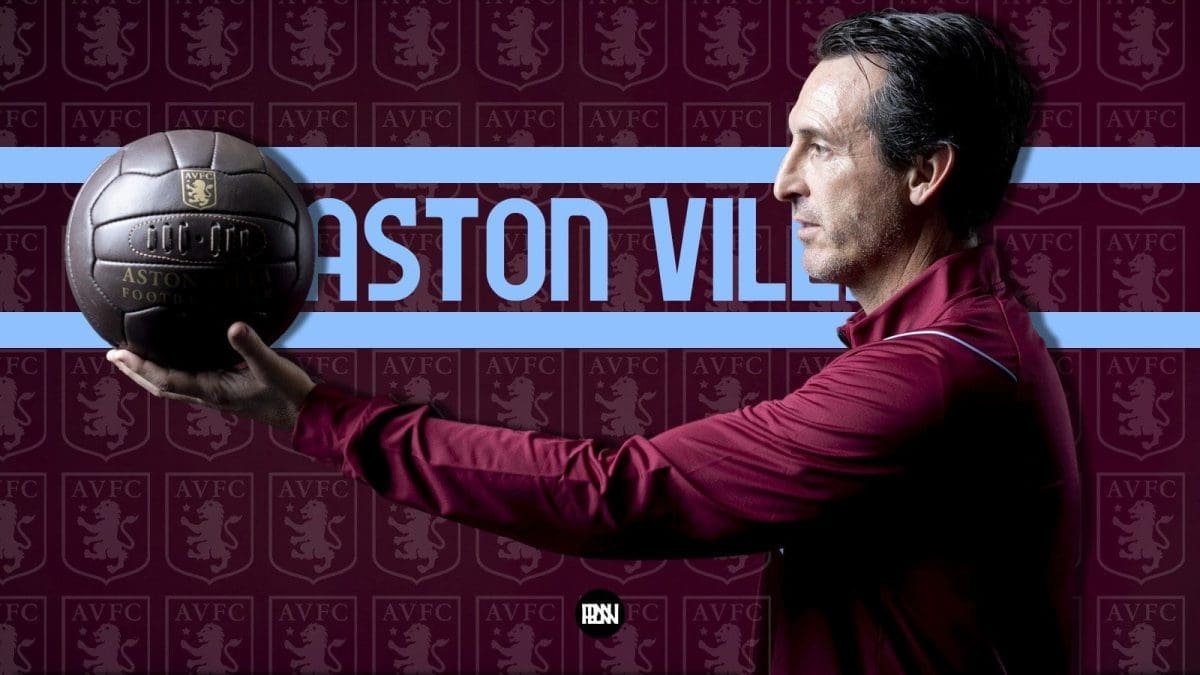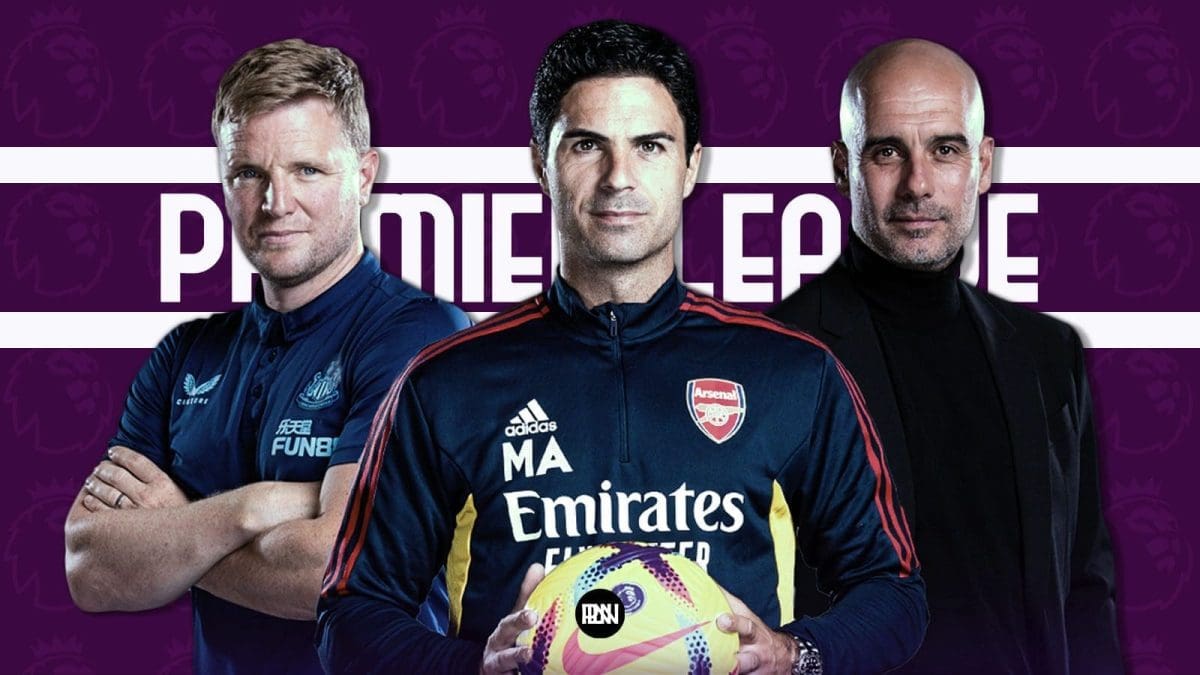Following Arsenal’s 3-1 thumping of Spurs in the latest Men’s North London Derby, Arsenal announced that midfielder Granit Xhaka had suffered an injury to his medial knee ligament that will keep him out for “approximately 3 months.” Xhaka has been vitally important to Arteta’s Arsenal rebuild and both his defensive solidity, progressive passing, and most importantly his leadership is a key part of why Arteta’s system succeeds when it succeeds. So how will Arsenal cope without such a key figure? First, we have to look more closely at what Granit Xhaka offers to the team to determine exactly what an Xhaka replacement should look like, then we can look at the reinforcements available to determine who that player should be.
On the pitch, Granit Xhaka’s role is to marshall the defense into their shape and read the flow of the game. He is a utility player in the sense that he excels at intangible things that aren’t reflected in underlying stats. When you apply the eye test you will see an organizer, someone who knows when and how to make a tactical foul or when and how to start a break.
This (above) clip is the perfect illustration of how Xhaka deploys these intangible skills. He is heavily involved in the first phase (0:00-0:48), and his pass selection is exquisite, almost single-handedly getting Arsenal out of the first phase and across the halfway line, breaking Manchester City’s press. When he has the ball he is composed and sure of himself, when he’s off the ball he is literally showing his teammates where to pass.
From a tactical standpoint, Xhaka is a deep-lying playmaker who excels at progressing the ball up the pitch (7.05 Progressive Passes per90), and maintaining his position deep in the left half-space in order to create a solid foundation as Arsenal’s star left-back Kieran Tierney pushes high and wide to combine with a winger or attacking midfielder. His solidity is probably his most valuable asset to Arteta’s set-up from a tactical perspective. He rarely miscontrols a pass or is dispossessed (0.16 miscontrols per90, dispossessed 0.68 times per90), offering Arsenal an out-ball if things go wrong. He is also an exceptionally effective tackler (he tackles 49.4% of his dribblers which puts him in the 98 percentile among midfielders in the top 5 leagues) and isn’t afraid of a challenge (he commits 1.84 fouls per90) which means he knows how to stop an opposition attack on a consistent basis. This level of solidity allows Arsenal to commit more men forward and create some variation of a 3-1-6 shape in the build-up with Xhaka as the “glue” player who sits between the defense and attack both watching to stop a counterattack or supporting the attack by recycling the ball.
So how should Mikel Arteta replace Xhaka? We have already seen him attempt it once vs. Brighton on October 2nd with Albert Sambi Lokonga stepping in to fill in for the injured Swiss. The game ended 0-0 at the Amex Stadium and the Gunners struggled to control the middle of the pitch and failed largely to progress the ball through the middle zones, this was primarily due to Lokonga’s struggles with his positional awareness. He was often seen drifting too far to the left or vacating his position to try and impact a more active part of the pitch. Lokonga’s positioning was somewhat balanced by his play on the ball which was solid and controlled. But it didn’t work, and Arsenal struggled to build out of a well-organized and persistent press from the Seagulls.
So should Sambi be dropped? Maybe; there is a case to be made for Mohamed Elneny to replace Xhaka in the starting lineup, his performance vs. Manchester United last season exemplified how shifting to a more workman-like midfield approach may be a key to success. Elneny’s pressing and overall fitness levels were what made him so valuable in that game and, while he struggles to progress the ball effectively through the lines, his energy and positional solidity help the team maintain its shape and play the way it wants to play. But Elneny is an extremely poor progressor of the ball and often looks shaky in possession, teams will target him in their press and, while he isn’t error-prone or easily rattled, he does have a tendency to miss a pass ahead of him, often opting to play the shorter, easier ball and put the progressive responsibility on someone else.
So what about Ainsley Maitland-Niles, or even Charlie Patino? When it comes to Patino, I don’t think he yet has the physical qualities to start in a pivot for Arsenal. Maitland-Niles may have a chance, but Arteta clearly values physical profiles in his pivot judging by the fact that he didn’t simply drop one of his attacking midfielders Emile Smith Rowe or Martin Ødegaard into the pivot next to Thomas Partey, despite both players clearly having the progressive ability to play there. Maitland-Niles just doesn’t have the pace or power to fill that role.
So now we can all agree that Granit Xhaka is irreplaceable, right? Not since Jorginho at Napoli under Maurizio Sarri has a midfielder been so integral to their team’s success in my opinion, and until Mikel Arteta has every single profile of player he wants at Arsenal, that won’t change. A hyper-simplified reason that Xhaka is so hard to replace is because he has a number of extremely unique qualities as a person and player and because he executes an incredibly wide range of on-pitch actions with amazing efficiency. But really the reason Xhaka is so hard to replace is that he is one of the 5 best deep-lying midfielders in the world in terms of pure quality on and off the ball. He’s just that good. A combination of brilliant footballing IQ and physical ability is quite rare in his generation of midfielders and especially in the premier league.
Arsenal will try to replace him, they may make it work for a period of time, but until Mikel Arteta changes the system or manages to find a player similar to Xhaka there will be a hole in the Arsenal squad.
















